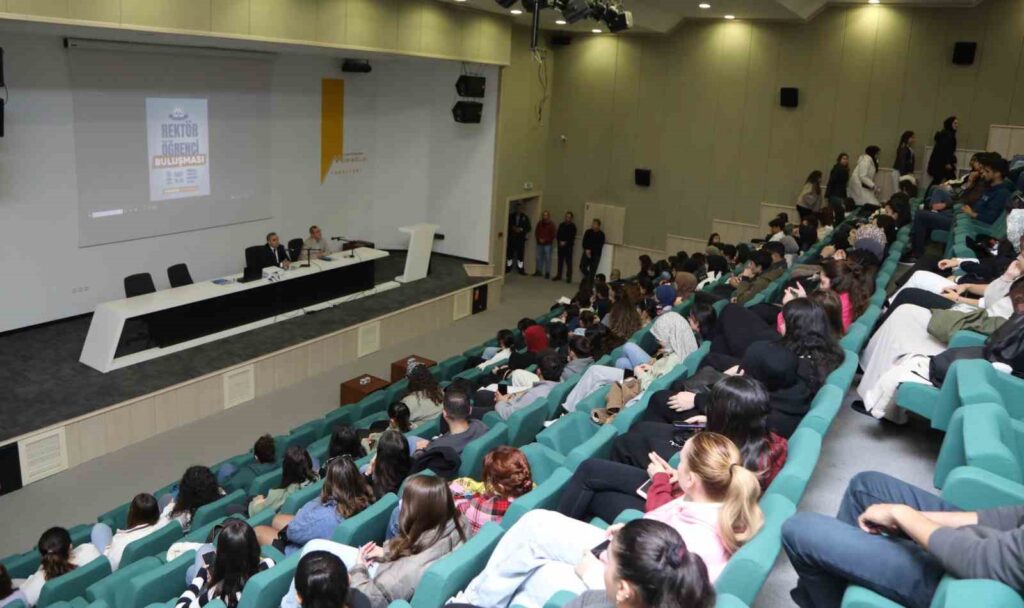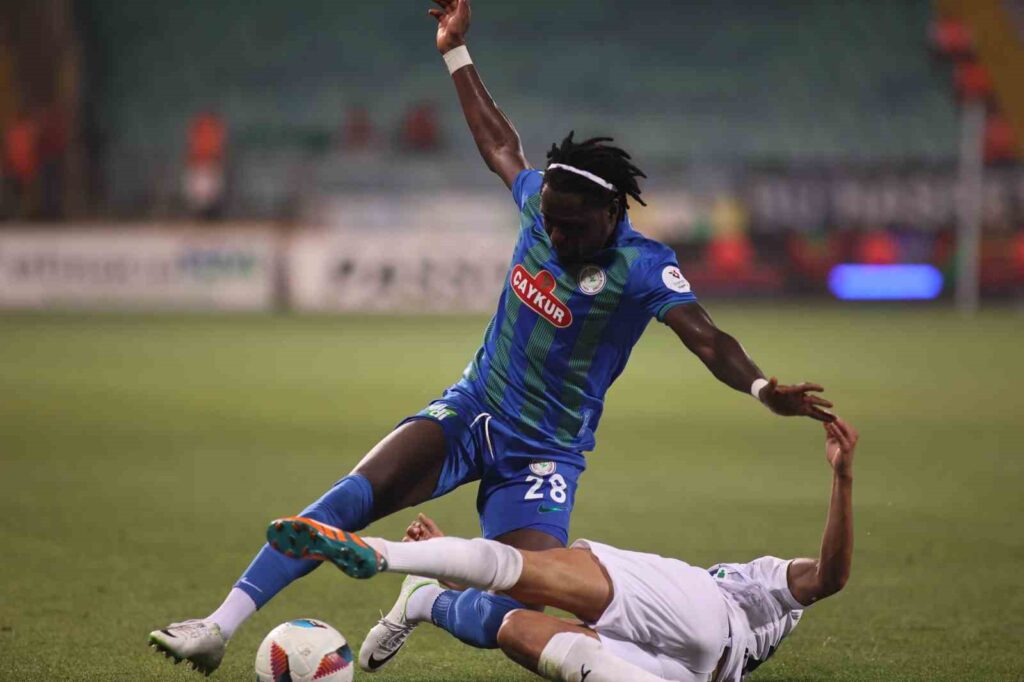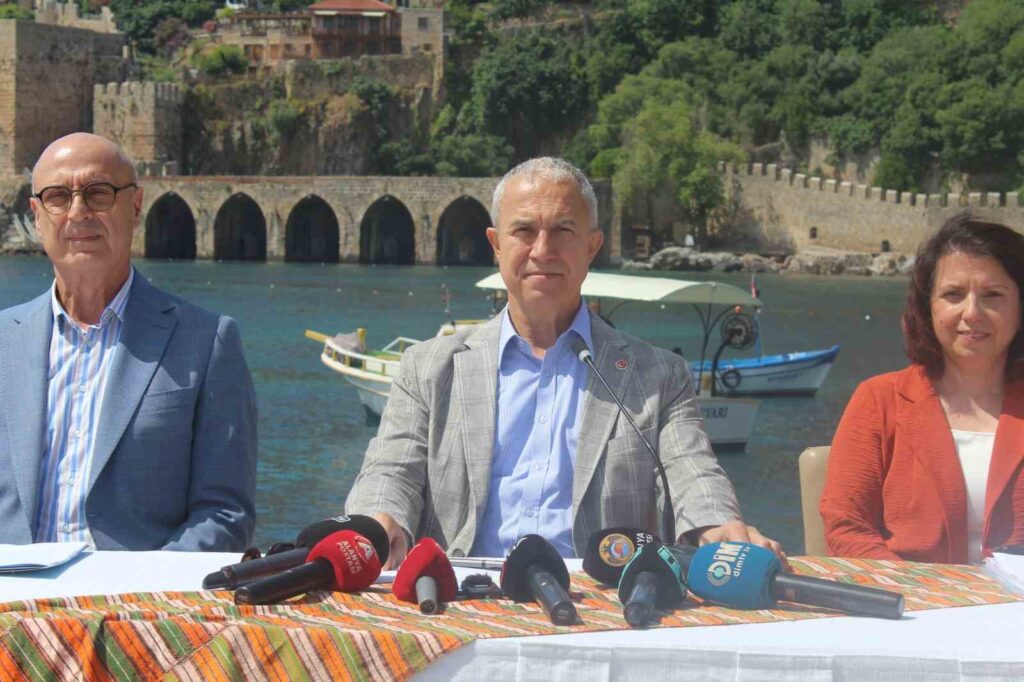The place where the Greek army woke up from its dream of entering Ankara is Çal Mountain.
Retired Colonel Kadim Koç, a battlefield researcher, stated that during the Sakarya Front Battle, which lasted 22 days and 22 nights, 82 officers and 900 soldiers were martyred within 2 days during the critical moment of the Çal Mountain defense. Battlefield research …

Battlefield researcher retired Colonel Kadim Koç stated that 82 officers and 900 soldiers were martyred in the defense of Çal Mountain, one of the breaking points of the Sakarya Meydan War, which lasted for 22 days and nights.
Kadim Koç, a battlefield researcher, recounted the events that took place in Çal Mountain on the 103rd anniversary of the Sakarya Meydan War, one of the most important turning points of the Turkish War of Independence, to the İhlas News Agency. He stated that on August 23, the day the war began, Mangal Mountain, an important point for the Turkish defense line, fell into the hands of the Greeks. “The Sakarya Meydan War is actually a position where we made preparations after putting a great distance between the enemy and ourselves following the Kütahya-Eskişehir battles. The Sakarya battle takes its name from the Sakarya River. Because the Sakarya River was a river of 824 kilometers at that time. And by pulling back just east of this river, we take the Sakarya River as an obstacle in front of us. On August 14, 1921, the Greeks started their advance operations. By August 22, the Greeks had already made contact with our units at the front. On August 23, the Greeks aimed to first encircle Ankara as a target. The critical terrain here is Mangal Mountain. They quickly captured Mangal Mountain,” he said.
Stating that Çal Mountain was the heart of the Sakarya Meydan War, Koç said, “The mountain you see behind us is Çal Mountain. The third phase had now begun for the Greeks. They had already approached in the first phase. In the second phase, they would carry out an encirclement maneuver. And in the third phase, they would attempt to break through our front line. We are at the place where that breakthrough attempt was made. We are actually at the very heart of the battle. The terrain that would split our front in half is also Çal Mountain. That is why Çal Mountain was a very critical terrain.”
Koç mentioned that after losing Mangal Mountain, they also lost Türbe Hill and İkiz Hills, and recalled that after losing İkiz Hills, Commander-in-Chief Mustafa Kemal Pasha issued the historic order, “There is no line of defense, but a plane of defense. That plane is the whole homeland. Every inch of the homeland cannot be abandoned as long as it is watered with the blood of the citizens.” He emphasized that there was no longer a defense line for the units after this order, stating that every place the soldiers found themselves was a position for them.
“Çal Mountain changed hands many times”
Koç expressed that starting from August 30, the enemy was approaching Çal Mountain, stating, “Çal Mountain was lost on August 31. By September 1, Çal Mountain was entirely in the hands of the Greeks, and Mustafa Kemal and the Commander of the Western Front were trying to find solutions. They were trying to find solutions to hold on to this last piece of terrain. The Commander of the Western Front immediately put the 57th Division into action as his reserve. And together with the 190th Regiment, which was the reserve of the 3rd Group, our 57th Division was trying to defend Çal Mountain. Initially, looking at the orders published by İsmet Pasha, the units were dispatched to Çal Mountain. He gives orders to these two units and says, ‘We want you to defend Çal Mountain to the last drop until these units reach Çal Mountain.’ Think about it, he has already deployed his last reserves to the field. Everything has been deployed to the field until the last bullet. If Çal Mountain is lost, it would become impossible for us to defend as an army on these lines. If that happens, we also have to think about retreating. For this, plans have been made at the headquarters of the Command of the Chief of Staff and the Western Front. This piece of terrain is so important that the Çal Group is established. Following the 57th and 190th Regiments, the 15th and 24th Divisions are formed. Orders are given to the commander of the 15th Division. This Çal Group carries out the defense here on September 1-2. On September 3, Çal Mountain was constantly changing hands,” he said.
Despite Çal Mountain being entirely in the hands of the Greeks, Koç noted that Turkish units occasionally launched counterattacks to regain Çardaktepe and other hills and recalled that there were frequent night assaults and forced reconnaissance during this battle.
“On Çal Mountain, 82 officers and 900 soldiers became martyrs”
Koç likened the battle of Çal Mountain to two boxers wearing each other out in the ring, stating, “This is a war of attrition. On September 2, the entire Çal Group was handed over to the commander of the 12th Group. Because our constantly fighting 15th and 24th Divisions were exhausted and our units had melted away. At the end of the war, the 24th Division would be completely disbanded. And in the battles of these two divisions, 82 officers and 900 soldiers became martyrs. We suffer such significant losses only on September 1 and 2 to protect Çal Mountain. Among our losses, 3 are regiment commanders and 5 are division commanders. This means all the regiment commanders of a division,” he said.
“Both armies were exhausted. And the side that surrendered was the Greeks”
Koç stated that on September 2, the Greeks completely took over Çal Mountain, and the Turkish army retreated towards Karayavşağın Hills. “Our Commander-in-Chief Mustafa Kemal, our Commander of the Western Front İsmet İnönü, and the Chief of Staff Fevzi Çakmak are coming. They are trying to find solutions. But according to later information, the Greeks are now entirely staying in their positions. And we later learn that the Greek commander Papulas ordered his troops to rest in the positions they had occupied for two days. This was the Greeks’ biggest mistake. But when we examine it later, we see that the Greeks have reached a breaking point. They are especially far from their supply bases. Additionally, because they have been fighting for days, all the soldiers are completely worn out. Logistically, they can now receive only one-fifth of their normal rations per day. Especially bread can no longer be supplied. They can only boil wheat and give it to the soldiers. They are also slaughtering animals that they have seized from the local villagers. But despite slaughtering these animals, they cannot cook them because they cannot find wood in the Anatolian steppe. There is great unrest among the Greek soldiers. Mutinies begin to break out within the units. As a result of these mutinies, the Greek commander gives up. The idea of retreat now settles in the minds of the commanders. The resolve to fight is completely broken among the Greek commanders. Papulas, the commander of the Greeks, informs the Greek war minister that there can be no further advancement and suggests a retreat. On the 6th, the order for withdrawal is given. They then try to retreat to the west of the Sakarya River. Later, Fevzi Çakmak learns from the Greek prisoners that the Greeks are in the process of withdrawal. After that, it is the turn of the Turkish army to attack. As a result, both armies were exhausted. And the side that surrendered was the Greeks,” he said.







